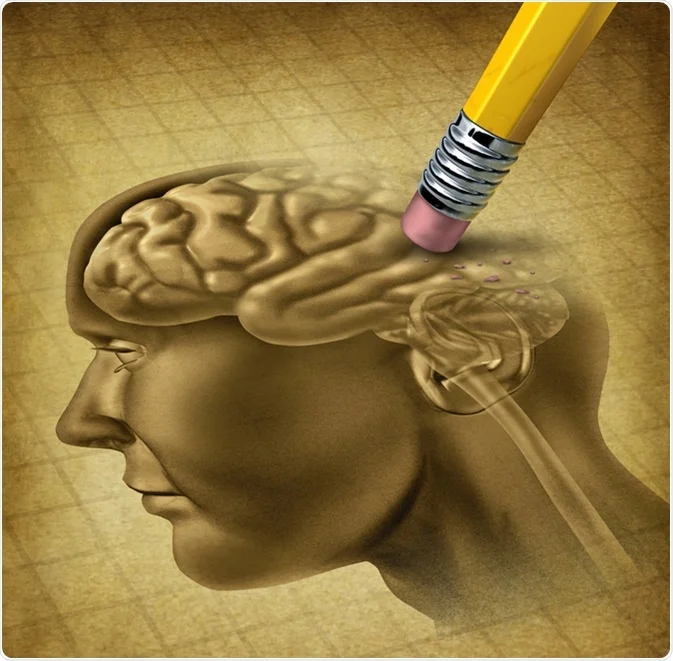
New research is revealing that lithium, a mineral long used to treat mood disorders, may also play a vital role in protecting the brain against diseases like Alzheimer’s and Parkinson’s.
While we often think of lithium as a medication for bipolar disorder, studies now suggest that tiny amounts naturally found in the body may be essential for brain health — and that a deficiency could contribute to neurodegeneration.
What’s the Link Between Lithium and Alzheimer’s?
A landmark 2025 study published in Nature found that people with early Alzheimer’s or memory problems had significantly lower lithium levels in their brains. The research also showed that much of the lithium was being trapped inside amyloid plaques – the clumps of protein that are one of the hallmarks of Alzheimer’s disease.
This means that even if lithium is present, it’s not available where the brain needs it – potentially accelerating damage.
In experiments on mice, a lithium-deficient diet led to:
- More amyloid plaques and tau tangles
- Increased brain inflammation
- Loss of brain connections (synapses) and protective coating (myelin)
- Worsened memory and learning
But when scientists gave the mice lithium orotate (a form of lithium that can bypass plaques), it restored brain lithium levels and reversed many of these harmful changes — without significant side effects.
Lithium May Help in Parkinson’s Too
In a separate review published recently, researchers analysed 32 studies on lithium’s effect on brain diseases — mostly in animal models, but a few in humans as well. Their findings were consistent:
✔ In Alzheimer’s models, lithium reduced amyloid and tau levels, and improved cognitive performance
✔ In Parkinson’s models, lithium improved movement and boosted dopamine-producing cells
✔ In human studies, though limited in number, positive effects were also seen in people with Alzheimer’s
These results strengthen the idea that lithium isn’t just a psychiatric drug — it may act as a neuroprotective nutrient.
How Does Lithium Help the Brain?
Researchers believe lithium works in multiple ways:
- Blocks harmful enzymes like GSK-3β, which are overactive in both Alzheimer’s and Parkinson’s
- Reduces inflammation in brain tissue
- Supports nerve repair and remyelination
- Boosts brain growth factors like BDNF and VEGF
- Prevents cell death by balancing pro- and anti-apoptotic proteins
It’s like giving the brain a molecular safety net.
Should You Start Taking Lithium?
While these findings are promising, especially for early-stage or at-risk individuals, more research is needed — especially large, well-controlled human studies. But what we do know is that:
✔ Very low doses of lithium may be enough to make a difference
✔ Some regions with naturally higher lithium levels in water have lower rates of dementia
✔ Lithium orotate, a low-dose, over-the-counter version in some countries, is being explored as a safer, gentler alternative
If lithium does become part of prevention or treatment in the future, it would likely be in tiny, carefully monitored amounts — not the high psychiatric doses used for mood disorders.
Diet and food sources of Lithium
Dietary lithium is found in a variety of plant-based and beverage sources, with the most significant contributors being cereals, potatoes, tomatoes, cabbage, and certain mineral waters. Spices such as nutmeg, coriander seeds, and cumin, along with beverages including black tea, green tea, and red (rooibos) tea, also provide small amounts. The actual lithium content in these foods varies greatly depending on soil composition and geography. It is estimated that cereals and vegetables account for between 66% and over 90% of daily lithium intake, while the remainder typically comes from animal-derived foods and drinking water.
The Bottom Line
These new discoveries suggest that lithium may be a key player in brain health — and that low levels could contribute to the progression of Alzheimer’s and Parkinson’s disease.
With few effective treatments currently available, this research opens the door to a simple, affordable strategy that could one day slow or prevent cognitive decline. It’s early days, but lithium is definitely back in the spotlight — not just for mental health, but for neuroprotection too.
Want to learn more about brain health, dementia prevention, or cognitive screening?
Book a consultation with one of our experienced GPs at OneMedicine.
















